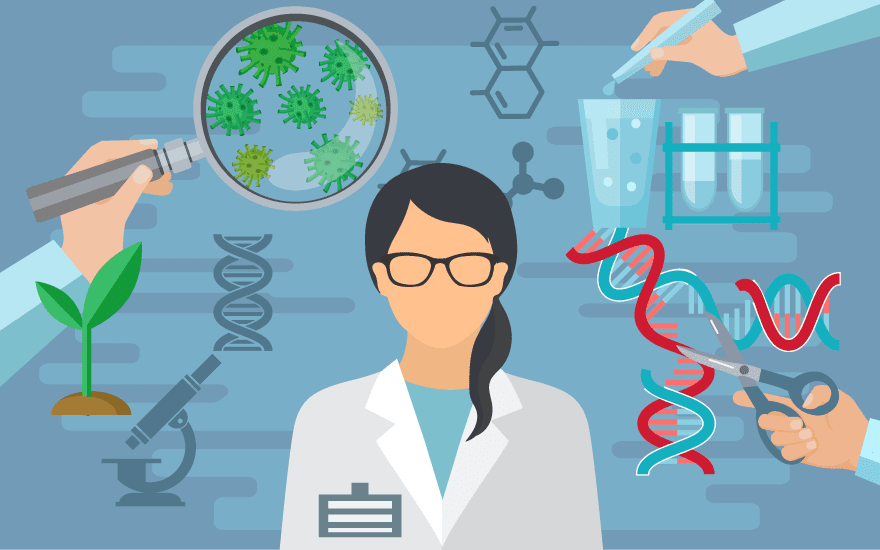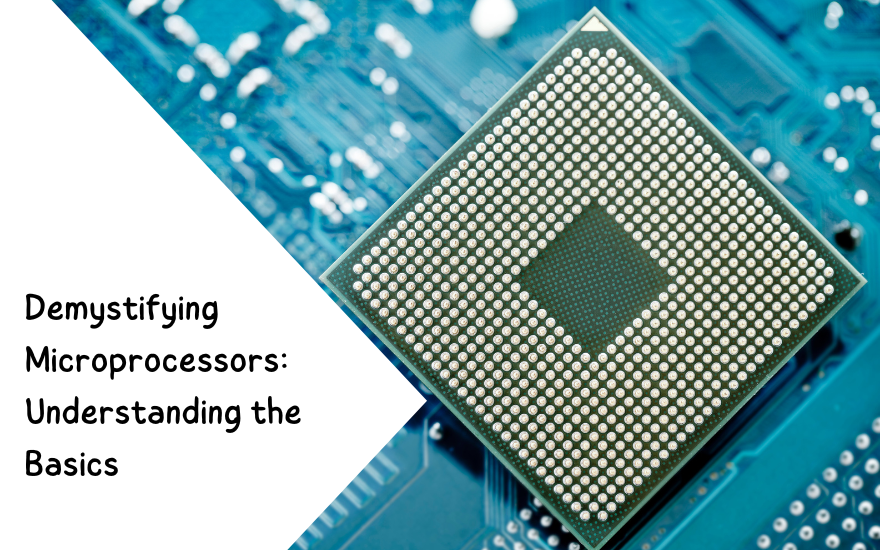Biotechnology is a field of study that emerged into the scientific world as a revolution in Biology, Chemistry, Engineering, and Informatics. From revolutionizing the field of agriculture to obtaining advances in medical sciences, biotechnology is proving to be the stepping stone for the progression in diverse domains of study. In simple words, biotechnology is a technology based on biology. It harnesses cellular and bio-molecular methods to invent technologies and products that help enhance our lives and the health of our globe. This blog has all the components of MS Biotech.
Best Universities for masters in biotechnology
The USA is an automatic choice that comes to the students’ minds for an MS in Biotechnology. It is one of the most dominant players in biotechnology & biomedical domains in terms of research and innovation. The options available are limitless, with thousands of colleges and universities. The course content (modules, research facilities), availability of internships, rankings (US News, QS, THE), proximity to biotech hubs, industry links, commercialization exercises, and job opportunities all these factors were taken into consideration while creating the list below:
- University of Pennsylvania
- Northeastern University
- Johns Hopkins University
- UC Irvine
- Texas Tech University
- Duke University
- Georgetown University
- Rutgers University (New Brunswick)
- University of Southern California
- University of Wisconsin, Madison
Universities like Stanford, Harvard, MIT, Caltech, Yale, etc., are not on the list because these schools do not offer an MS in Biotechnology or Biomedical Sciences. They offer only doctoral programs. Top schools like Stanford, UC Berkeley, UT Austin, and Cornell do offer MS Bioengineering or Biomedical Engineering programs.
Admission and Eligibility Criteria
To apply for the master’s programs, the applicant typically needs an undergraduate degree in science, mathematics, engineering, or a related field. Some programs accept students with a bachelor’s degree in another area, as long as they can display completed coursework in math and science. As part of the application, one must submit their undergraduate transcripts, three letters of recommendation, a CV, a personal statement, and scores from the Graduate Record Examination (GRE). Some schools often charge a small application fee. Once accepted, the student can start the visa formalities.
The eligibility criteria for an MS in Biotechnology program differ from school to school. However, general eligibility criteria apply to most of the top-ranking universities. The eligibility required for admission to the program are as follows:
- A bachelor’s degree in Biotechnology from a recognized institute is mandated.
- The candidate must have a minimum aggregate of 60% for qualification. Most institutions require applicants to hold a 3.0 GPA during their undergraduate studies.
- A valid entrance exam (like GRE) score may be required.
- In general, a master’s program in biotechnology does not demand professional experience.
- A strong CV can improve the possibilities for admission or help compensate for a low GPA or GRE score.
To understand the whole admission process altogether, let’s cover a university in detail.
Johns Hopkins MS Biotechnology
Johns Hopkins is a private research university, consistently ranked globally as one of the top universities in research for its medical, biotech, and biomedical engineering courses.
Johns Hopkins MS biotechnology acceptance rate is only 10% making it highly selective. The two-year master’s program has both part-time and full-time options with the flexibility of online or on-campus classes. Applicants can apply online at the university website with all necessary documents.
To be eligible for the degree program, applicants must hold a four-year bachelor’s degree in natural sciences or engineering with a 3 GPA. Applicants with a degree in different domains may enroll too if their undergraduate work includes the prerequisite courses with appropriate work experience. Additional information like GRE, SOP, or letters of recommendation might also be required. The university also offers a Ph.D. and an MS program in Biotechnology Enterprise and Entrepreneurship.
Biotechnology Career Outlook
Biotechnology is an exciting, dynamic, interdisciplinary field that provides a broad range of career opportunities. Pursuing a career in Biotechnology is a lucrative choice for those keen to discover the unique combination of biological science with technology. A master’s in biotechnology unlocks two pathways for its graduates. Because firstly, many of these programs combine coursework in science and business, this degree can help you find entry-level positions in private research and management at pharmaceutical and medical device manufacturing firms. Secondly, using a master’s as a catalyst to a doctoral degree in biotechnology, one can also do research or take teaching roles at colleges, universities, and government agencies. With the strong possibility for growth and high salaries, an MS in biotechnology is valuable for graduates.
Whatever career path one may choose, jobs in biotechnology demand excellent analytical and critical thinking, math, and problem-solving skills, and students can acquire these skills via a master’s degree in biotechnology. Below are a few specific job titles that you can get after completing the degree.
- Research Scientist (Average Salary: $84,810) – Research scientists conduct tests and other researches that help develop new medicines or enhance existing medications.
- Regulatory Science Professional (Average Salary: $150,422) – These professionals ensure the medications stay updated on the latest laws and liaise between scientists, fabricating companies, and government organizations.
- Formulation Scientist (Average Salary: $100,878) – Scientists supervise the development of final drug products and create their manufacturing operations.
- Data Analyst (Average Salary: $97,500) – Almost every industry has roles for data analysts, who analyze data and use it to help business decisions.
- Industrial production managers (Average Salary: $97,800) – Managers control equipment design, production operations, quality validation, and regulatory observance for biotechnology and biopharmaceutical manufacturing.
What else to expect from a Master’s Program in Biotechnology?
While a master’s degree in biotechnology can prepare an individual for a career in private industry or academia, the exact nature of such programs contrasts considerably. For example, some programs supply fixed concentrations, while others permit students to shape their course of study through electives. Some programs may offer accelerated paths, while others may give considerable tuition discounts to students. These ventures, combined with classes in science, business, regulatory processes, and data, provide students with well-rounded teaching that trains them to take on progressive jobs in the biotech space—and use them to make a difference in healthcare worldwide.
Hopefully, this blog delivered all the details required to seek a master’s in Biotechnology.




